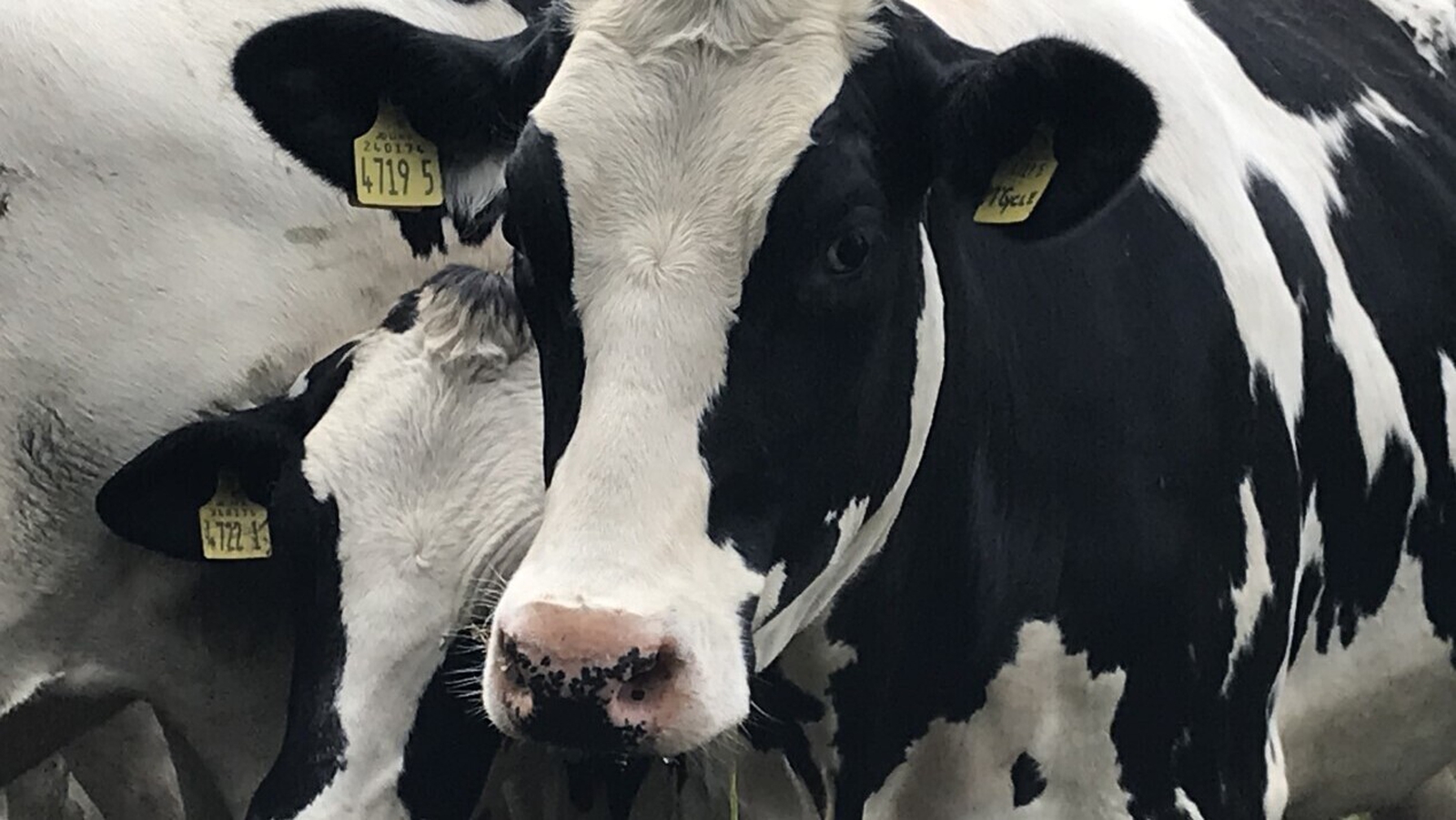Bussiness
Galway University to lead methane reduction study

The University of Galway is to lead a research consortium to pioneer greenhouse gas reduction solutions for agriculture.
The research-based project, Methane Abatement in Grazing Systems (MAGs), focuses on evaluating solutions for feed, breeding and manure management.
It will assess feed additives to reduce cattle and slurry methane emissions, as well as breeding cattle that produce lower amounts of the gas and identify the best combinations of strategies which can be delivered on farms in Northern Ireland and in the Republic.
Farming research body Teagasc, the Northern Ireland-based Agri-Food and Biosciences Institute and the Irish Cattle Breeding Federation will work with scientists at the university to expand testing and evaluate each of the measures.
Project leader is Dr Sinead Waters of University of Galway said: “Agriculture is Ireland’s oldest and largest indigenous industry but now faces major challenges in meeting the 2030 targets of a 25% reduction for farming-related greenhouse gas emissions.”
Dr Waters said the initiatives to “mitigate methane emissions related to cattle and sheep need to be rapidly developed and implemented on farm to comply with these targets”.
“With research partners and colleagues, and the support of the Department of Agriculture, Food and the Marine our aim is to develop and deliver important solutions for the agri-food-industry to reduce methane from pasture-based farms,” she said.
She added that the project has brought together a “unique team of excellent scientists and industry partners” whose work can support the sector and “align with international initiatives such as the EU Methane Strategy and Global Methane Pledge”.
Funding of €1.4million has been committed to the project by the Department of Agriculture, Food and the Marine.
“The MAGS project will focus on further developing technologies, including methane inhibitors and breeding strategies, for application in beef and dairy pasture-based systems to mitigate animal and manure methane,” Minister for State at the Department of Agriculture Martin Heydon said.
“An important aspect of the project is research collaboration, and I am pleased that the project coordinator has brought together scientific partners from across the Island of Ireland to concentrate ideas, expertise and knowledge in a way that accelerates progress in these novel technologies,” he added.










